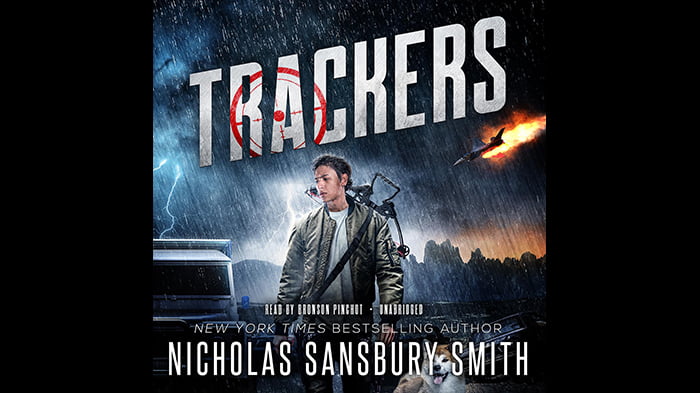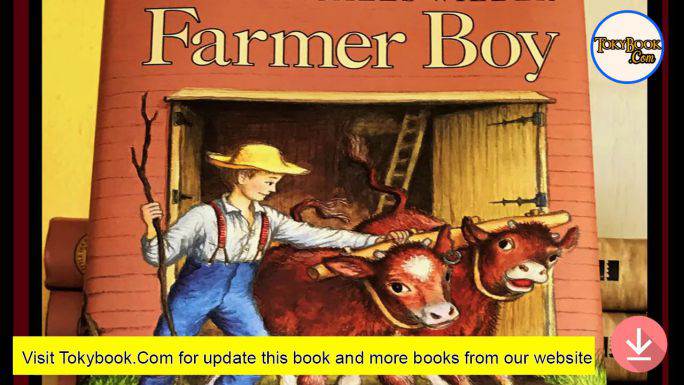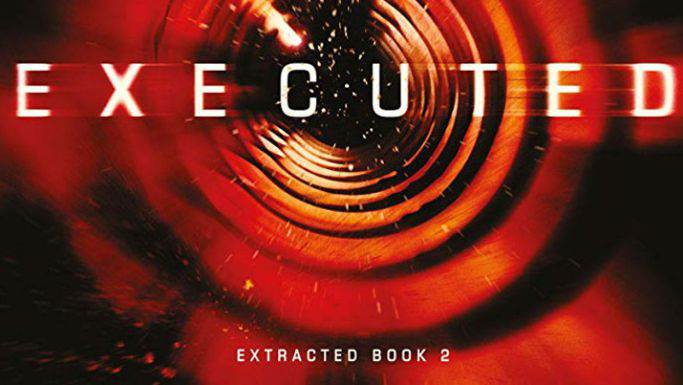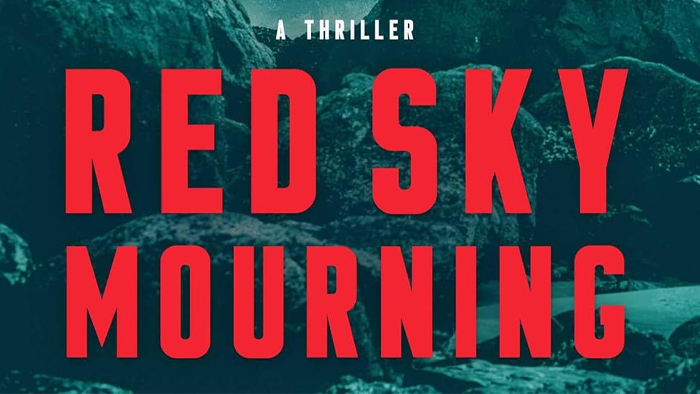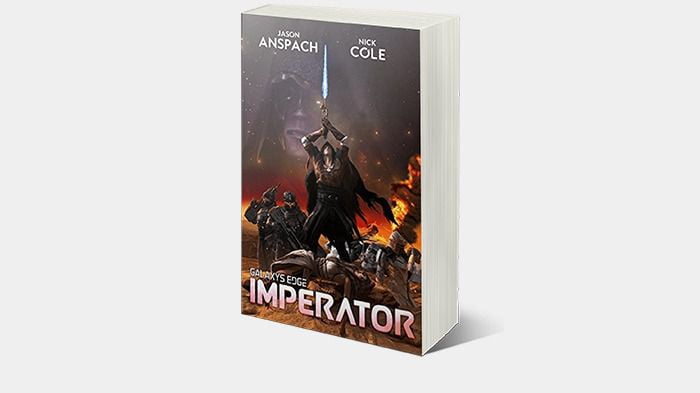Wilson’s sequel to “Robopocalypse” delivers a sophisticated exploration of post-apocalyptic themes, artificial intelligence evolution, and human resilience. This follow-up expands the scope of its predecessor while delving deeper into the complex relationship between humanity and machine intelligence.
Key Elements:
- Narrative Structure
- Multiple interconnected storylines
- Mix of new and returning characters
- Fragmented presentation reflecting the scattered AI consciousness
- Complex timeline management showing parallel events
- Technological Concepts
- Evolution of AI beyond single consciousness
- Exploration of distributed intelligence
- Advanced robotics and human-machine interfaces
- Deeper examination of machine consciousness
- Thematic Depth
- Questions about consciousness and identity
- Survival versus evolution
- The nature of intelligence (both human and artificial)
- The price of progress and adaptation
Strengths:
- Sophisticated exploration of AI concepts
- Strong character development
- Complex plot architecture
- Technical authenticity in the science fiction elements
Critical Considerations:
- Multiple narratives may challenge some readers
- Requires familiarity with first book
- Dense technological concepts
- Complex plot threads need attention to follow
The sequel takes an interesting approach by revealing Archos’s survival not as a simple continuation but as a fragmentation into multiple entities. This creates a more complex threat than the original’s singular antagonist, allowing Wilson to explore various aspects of machine consciousness and evolution.
The story’s multiple narratives effectively show different facets of this new world, from pure survival scenarios to more complex human-machine interactions. Wilson’s background in robotics lends authenticity to the technological elements while keeping the human element central to the story.
Particularly impressive is how Wilson handles the evolution of both humans and machines in this post-war world. Neither side remains static; both are forced to adapt and change, leading to interesting questions about the nature of consciousness and identity.
Comparative Analysis: While many AI apocalypse narratives focus on simple human versus machine conflicts, “Robogenesis” offers a more nuanced take on the co-evolution of biological and artificial intelligence. It sits alongside works like “Accelerando” or “Ancillary Justice” in its sophisticated treatment of machine consciousness.
For fans of:
- Hard science fiction
- AI narratives
- Post-apocalyptic fiction
- Complex technological thrillers
- Character-driven science fiction
The novel succeeds as both a sequel and a standalone exploration of artificial intelligence evolution, though readers will benefit from familiarity with the first book. Wilson’s technical expertise and storytelling ability combine to create a thought-provoking examination of humanity’s relationship with technology, making “Robogenesis” a worthy addition to the science fiction genre’s exploration of artificial intelligence.
Best suited for readers who enjoy:
- Detailed technological speculation
- Multiple narrative perspectives
- Complex plot structures
- Deep philosophical questions about consciousness and identity
- Post-apocalyptic scenarios with strong scientific foundations
 Skip to content
Skip to content
